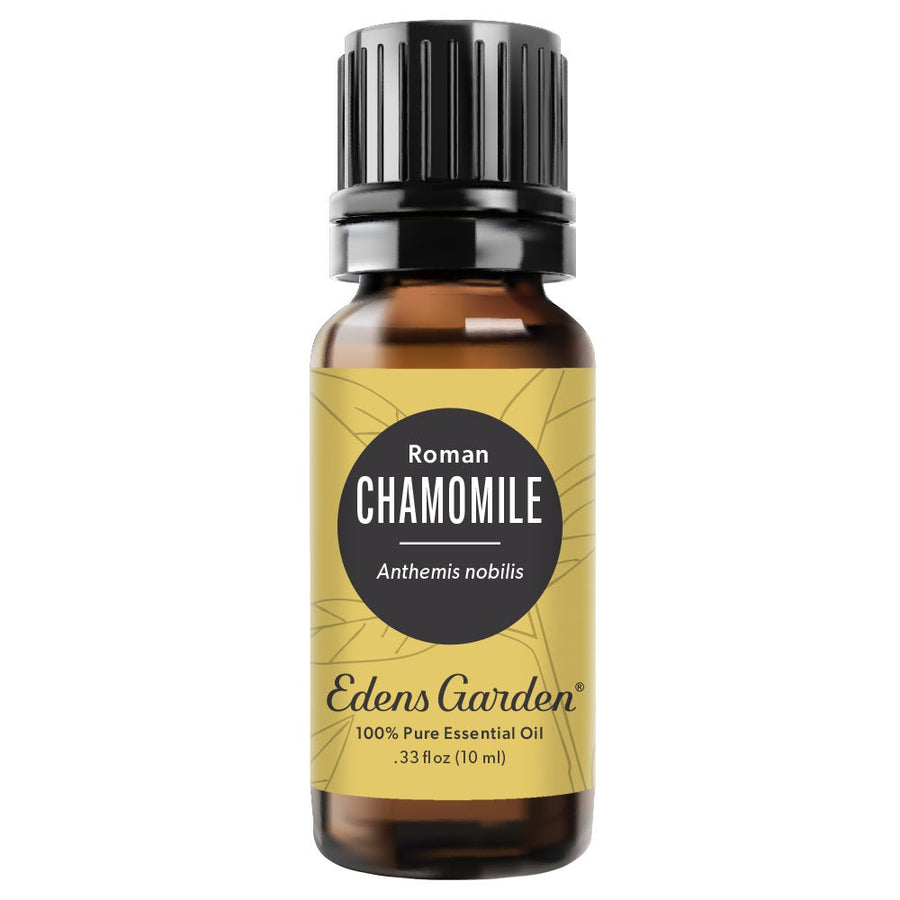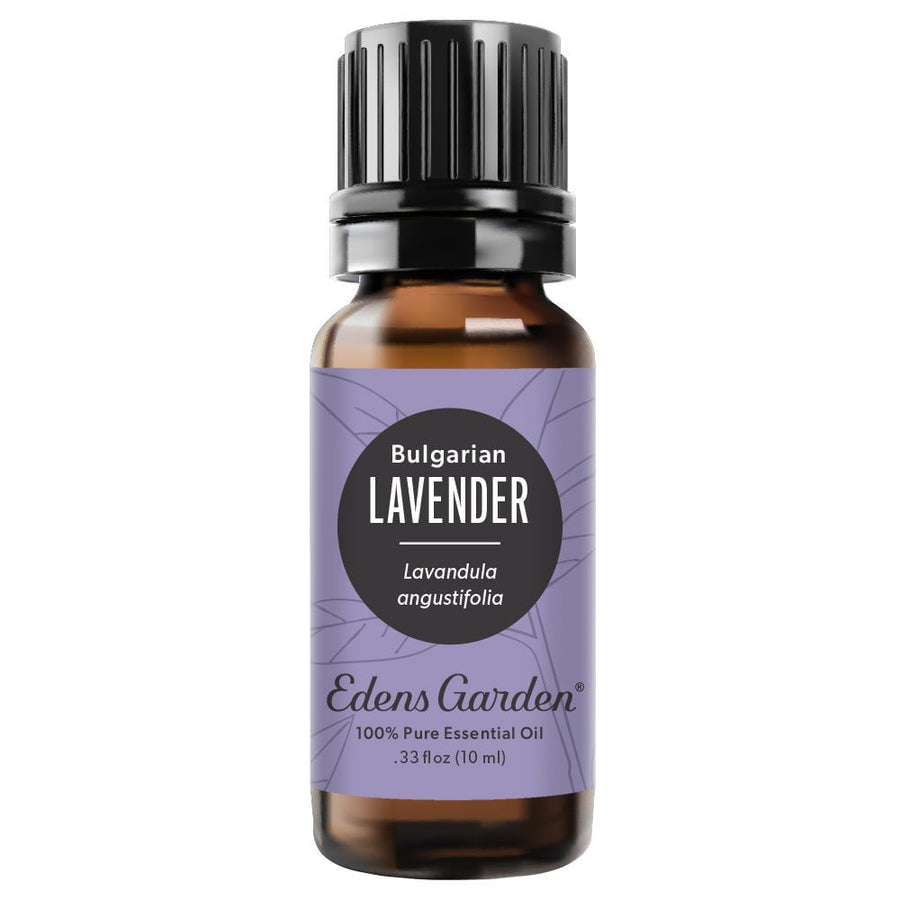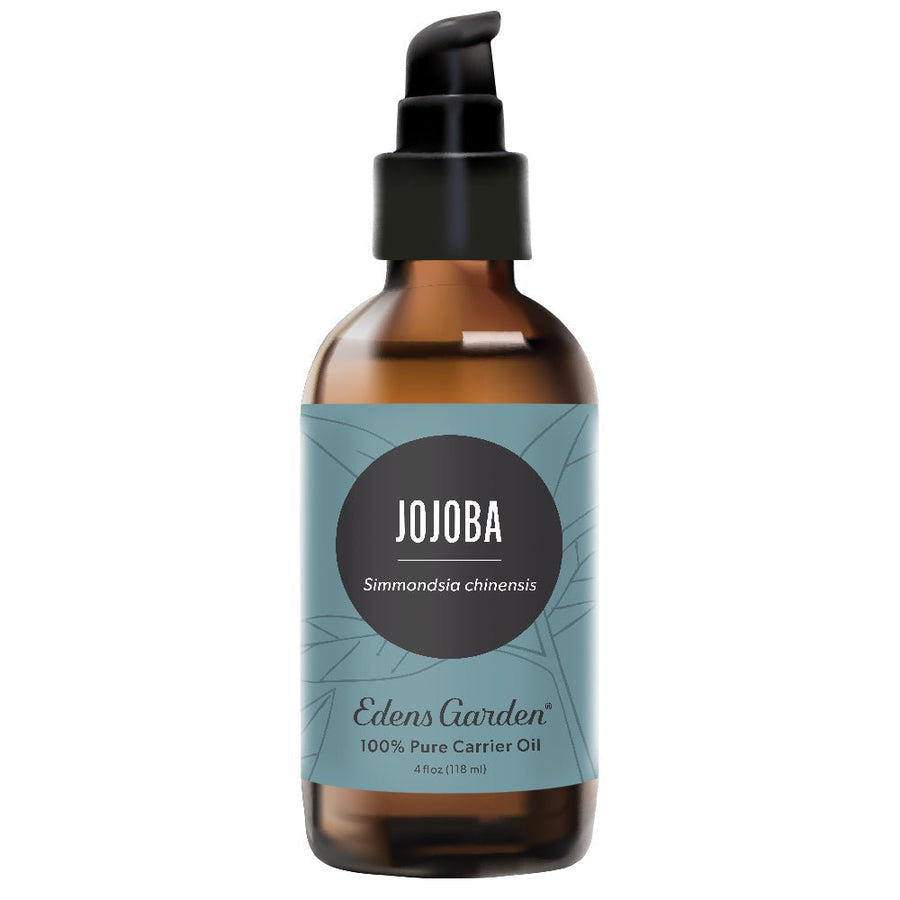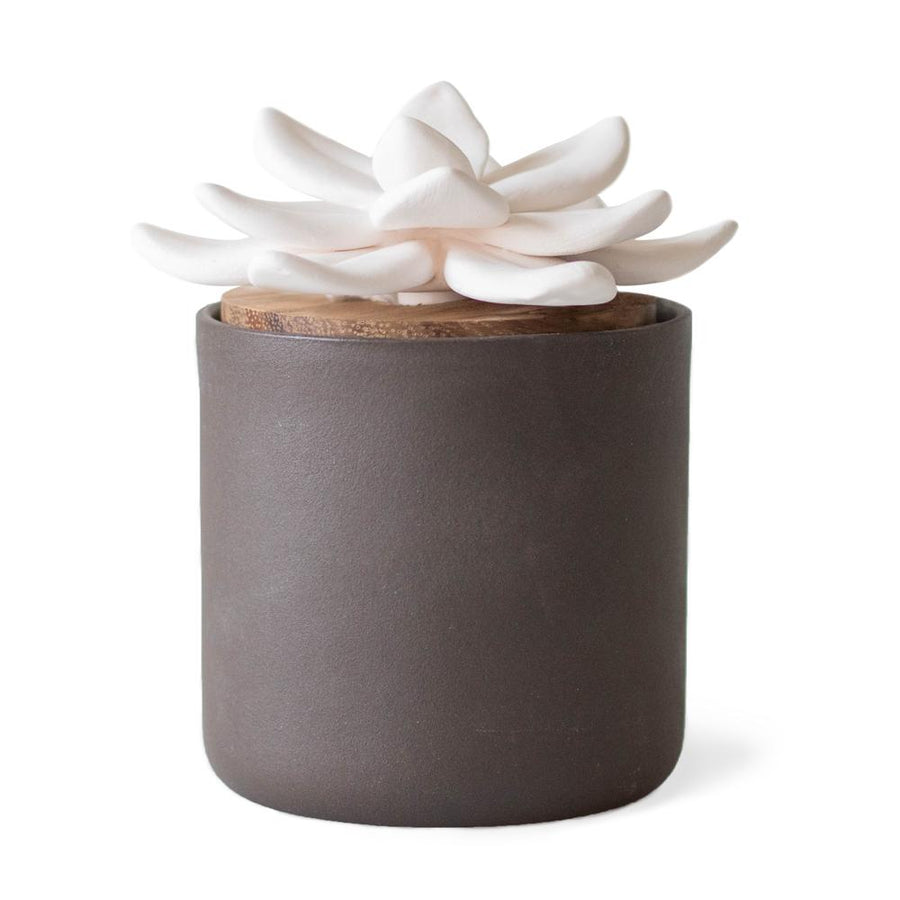Best Essential Oils For Teething

As parents, we will do just about anything to comfort our children, which is why it makes sense that there is so much information circulating about using a natural remedy such as pure essential oil to soothe a teething baby.
Teething can be painful for babies and for parents to standby and watch, so what can you do and should you use essential oils for teething in babies?
To provide clarity, we've outlined the dos and don’ts of using essential oils for kids so that your teething infant can be comforted safely and effectively.
Safety Guidelines For A Teething Baby
Because a baby’s metabolism is much weaker than ours, and due to the intense purity and powerful nature of essential oils, it’s important to use aromatherapy infrequently and only when necessary with your baby.
Still, essential oils may benefit your child when these safety guidelines are followed.
Internal Use
We don’t recommend casual internal use for anyone, especially babies. Essential oils are pure and undiluted and therefore can cause damage to the delicate mucous membrane that lines the gums, tongue, esophagus and stomach.
And while essential oils may be used in things like toothpaste and mouthwash, manufacturers often use oils in measurements of parts per million (PPM). To give you an idea of what that looks like, a PPM is about the equivalent of 7-8 drops of liquid in a 60-gallon tub of water.
With that said, do not put essential oils on your baby's gums or mouth as it will likely cause more harm than good.
Topical Use
You may have observed that a baby’s skin is quite different from your own. Besides being ultra-soft, a newborn’s skin does not begin to mature before three months of age. When you consider the fact that essential oils increase skin permeability, safety precautions are critical.
With that said, aromatherapist Robert Tisserand recommends a .1% dilution for babies up to three months old and .25% for babies 3-24 months old.
To err on the side of caution, we don’t recommend topical use on children under six months old.
Inhalation
Diffusion can be a gentle, yet effective way for your baby to obtain the benefits of essential oils. When diffusing, we recommend opting for a passive diffuser that doesn’t use electricity or heat to output essential oils, but rather diffuses using natural wood, ceramic and other natural materials. If you do prefer to use an active diffuser, we recommend diffusing for a maximum of 5-10 minutes.
Another consideration to keep in mind when it comes to your baby’s sense of smell is that they use their olfactory senses to connect with their mothers in the earliest stages of life. Maternal scents can help soothe a baby, increase bonding and help your baby breastfeed. Essential oils and other aromas can therefore interfere with your baby’s ability to smell these maternal scents.
Talk To Your Child’s Pediatrician
Before using essential oils with your baby, we suggest consulting with your pediatrician and an aromatherapist for further guidance. We also don’t suggest using essential oils on or around premature babies or children with health conditions to further err on the side of safety.
Certain essential oils, such as Clove oil, can be too harsh for your baby. For this reason, we’ve outlined which oils are safe for children on our product labeling and in the safety sections of our product pages. We only suggest using oils marked as ‘OK For Kids’ for your baby or young child.
If irritation or adverse reactions occur, we suggest discontinuing use of oils and consulting with a medical professional.
How Can Essential Oils Help A Baby With Teething Pain
Essential oils offer calming and pain-relieving properties which may be helpful with aiding teething pain. Here are the best essential oils for teething and our top tips for teething relief.
Topical Relief
Use Roman Chamomile and Lavender essential oil on children 3 months+ (1 drop each in 2 oz of carrier oil for an approximate .2% dilution rate). Lavender (Lavandula angustifolia) and Roman Chamomile essential oil are both gentle enough for babies but strong enough to reduce pain and act as a teething remedy. To use, take a dab of the diluted essential oil and apply it to the top of your baby’s jawline, below the ears. You can also use a .5% dilution of Ouch Ease for children 2+. Patch test first.
Healing Tea
And because essential oils are about 100 times more concentrated than the plants from which they are obtained, a gentler approach to soothing teething pain is using plants and herbs. For example, brew dried Lavender and Chamomile flowers. Then, soak a clean towel or cloth with the tea. Make sure it’s warm rather than hot and apply to your baby’s gums. You could also have your baby chew on the tea-soaked towel or soak a teething toy in the tea.
Soothing Diffuser Blend
A final, effective option is to diffuse 2-3 drops of Lavender oil and Sweet Orange in an ultrasonic diffuser such as the Diamond or Terrazzo for 5-10 minutes to help reduce fussiness and irritability. Alternatively, diffuse this mixture in a passive diffuser such as the Ceramic Bloom.
Whichever route you decide to take, we wish you and your baby a painless and stress-free teething experience.
Take Care of Yourself, Parents
While you’re taking care of your little ones, remember to take care of yourself as well. After all, caring for a teething baby can be stressful and tiring. This is why at Edens Garden, we offer the essentials of self-care, like synergy blends for stress and sleep, along with bath salts and room sprays that promote rest and relaxation. Whatever your needs, we’ve got you covered.
This article has been updated August 2021.
Sources:
- 5 Essential Oils to use for Teething. https://www.healthline.com/health/parenting/essential-oils-for-teething
- Safe Essential Oils for Babies and How to Use Them. https://www.healthline.com/health/parenting/essential-oils-for-babies
- Are Essential Oils Safe for Children? https://www.hopkinsallchildrens.org/ACH-News/General-News/Are-Essential-Oils-Safe-for-Children










Leave a comment (Comments will be approved before showing up)